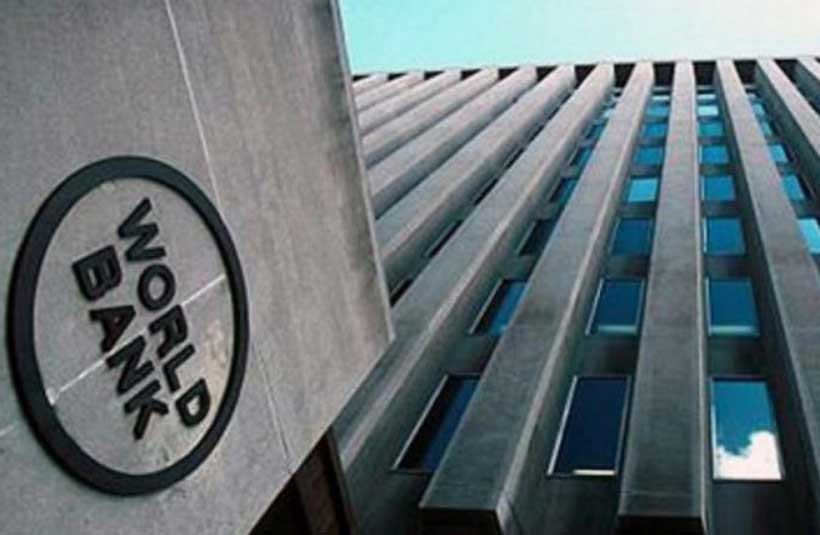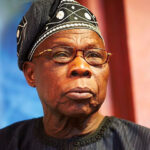
The World Bank has said Nigeria’s low level of revenue threatens fiscal sustainability and undermines the Federal and State Governments’ ability to finance necessary expenditures in the health, education, and security sectors.
This is according to the Nigeria Country Economic Memorandum report released by the World Bank in December.
The global bank report noted that public spending on education and health prevents Nigeria from developing the human capital needed for large-scale private investment outside the oil sector.
The global bank stated that Nigeria’s revenues are among the lowest globally.
It said Nigeria’s revenues are not only low but have also followed a worrying declining trend over the past decade.
The report read in part.”Even during the commodity-price boom in 2012, Nigeria’s revenue-to-GDP ratio was only 12 per cent, compared with an average of 21.5 per cent in Sub-Saharan Africa. Due to over-reliance on oil, the fall in international prices in 2014–2015, and the subsequent economic deceleration of the non-oil economy, revenues plummeted to 5.9 per cent of GDP in 2016. Since then, Nigeria has failed to shore up its revenues, and the country consistently ranked among the worst five globally in terms of revenue collection between 2015 and 2020.
“Nigeria’s low level of revenues threatens fiscal sustainability and undermines the Federal Government and state government’s ability to finance necessary expenditures in critical sectors, such as health, education, and security.
“Spending more requires more resources, and therefore the most critical aspect of meeting Nigeria’s vast expenditure needs lies in raising more revenues. Public spending on human and physical capital is too low to equip Nigerians for productive lives.
“Just 17 per cent of public spending goes to education and health, which prevents Nigeria from developing the human capital necessary to attract large-scale private investment outside the oil sector.
“Public spending is also fragmented across three tiers of government (federal, state, and local), which have overlapping and sometimes inconsistent expenditure mandates and no effective coordination or reporting mechanism. The states are at the forefront of basic service delivery, but their spending allocations to the social sectors are too low to improve lives and livelihoods.”
The bank said inflation, decoupling between oil prices and revenues, insecurity, and uncertainty about the pace and direction of economic policy must be addressed to improve macroeconomic sustainability.




